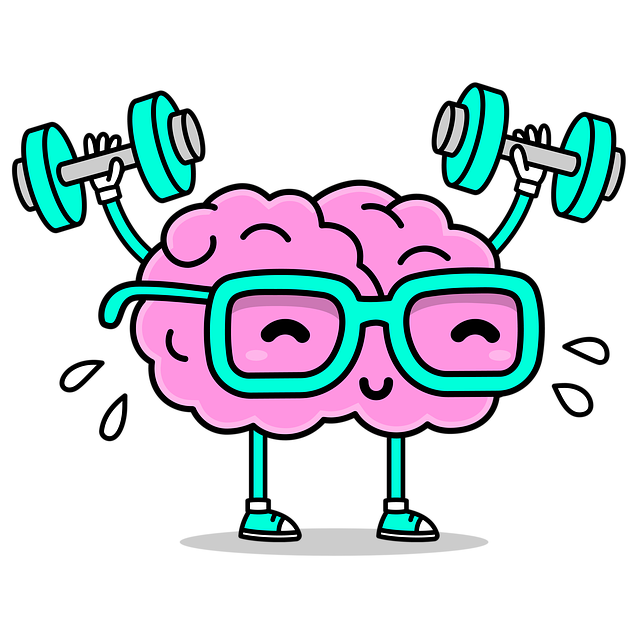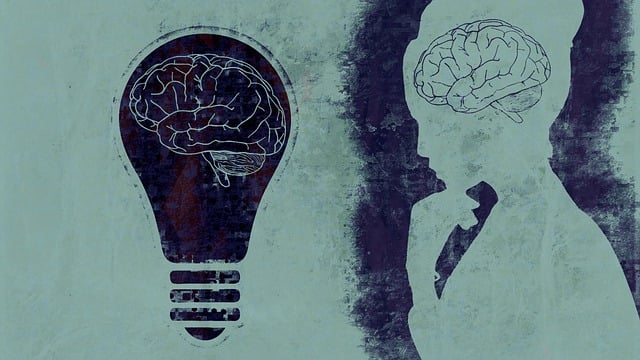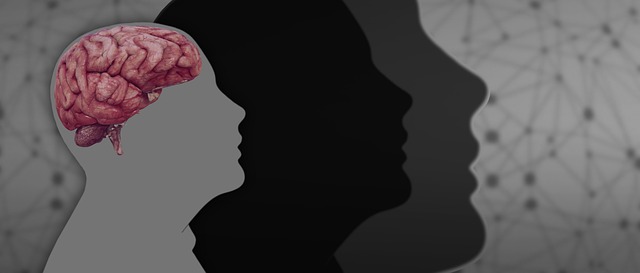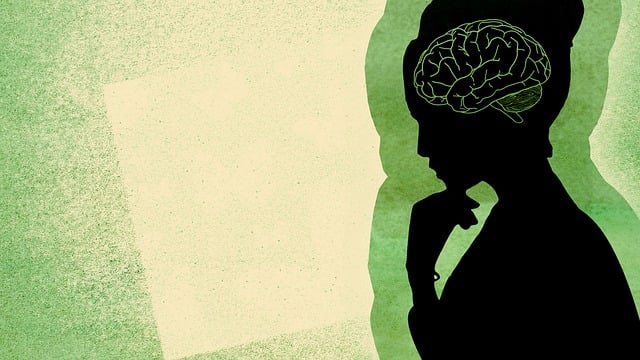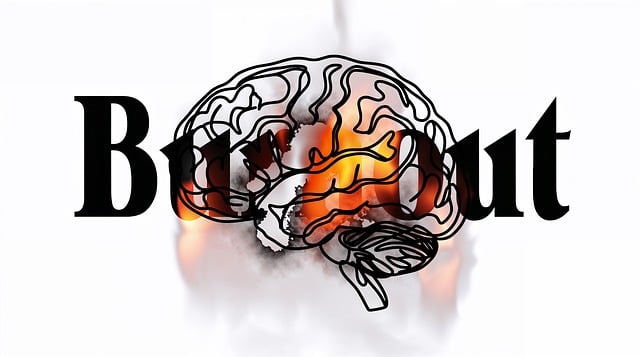Social Skills Training is a powerful therapy for young children with depression, addressing unique social interaction challenges due to developing brains. Through interactive techniques like games and role-playing, kids learn pro-social behaviors, coping strategies, and emotional expression, reducing feelings of isolation and improving mental well-being. Evidence-based practices, community support, and mental wellness coaching reinforce positive behaviors for both children and their support networks.
Social skills training is a potent tool in supporting young individuals dealing with mental health conditions, particularly depression. This article explores how understanding social interactions can significantly impact mental well-being, focusing on the unique challenges faced by children with depression. We delve into effective strategies for social skills training and highlight the critical role of therapists and support systems in facilitating recovery. By addressing these aspects, we aim to shed light on innovative therapy approaches for young children struggling with depression.
- Understanding Social Skills and Their Impact on Mental Health
- Identifying Challenges in Social Interaction for Young Children with Depression
- Strategies for Effective Social Skills Training
- The Role of Therapists and Support Systems in Facilitating Recovery
Understanding Social Skills and Their Impact on Mental Health

Social skills are essential components of our daily lives, shaping how we interact with others and influencing our overall well-being. For individuals dealing with mental health conditions, such as depression in young children, understanding and cultivating effective social skills can be transformative. These skills facilitate meaningful connections, improve emotional regulation, and foster a sense of belonging, all of which are crucial for managing and recovering from mental health challenges.
Training in communication strategies offers a powerful therapy for young children with depression, empowering them to express their feelings, needs, and thoughts effectively. By learning these strategies, children can navigate social situations more comfortably, reduce potential triggers for burnout among healthcare providers, and build resilience through positive interactions. Burnout prevention strategies for healthcare providers are also beneficial, as supporting mental health patients requires immense emotional labor. Incorporating mind over matter principles can help both patients and caregivers cultivate a growth mindset, enhancing their ability to cope with challenges and see the value in social connections, ultimately contributing to improved mental health outcomes.
Identifying Challenges in Social Interaction for Young Children with Depression

Young children experiencing depression face unique challenges when it comes to social interaction due to their developing brains and emotional maturity. This can make initiating and maintaining conversations, understanding social cues, and interpreting peers’ actions or intentions particularly difficult. They may struggle with making friends, participating in group activities, and even basic interactions like sharing toys or taking turns—all of which are essential for healthy social development.
Depression can significantly impact their ability to express themselves, leading to social withdrawal and a lack of interest in formerly enjoyable group activities. Therapy for Young Children Depression often focuses on building inner strength and resilience through structured play therapy sessions and nurturing environments that encourage exploration and interaction. Community outreach program implementations and trauma support services can also play pivotal roles in fostering social connections, teaching coping mechanisms, and helping these young individuals navigate their emotions in a supportive setting.
Strategies for Effective Social Skills Training

Social Skills Training is a powerful tool for young children facing mental health conditions like depression. Effective strategies often involve interactive and playful techniques that help kids learn and practice essential social interactions. Therapists can incorporate games, role-playing scenarios, and group activities to create a safe space where children feel comfortable expressing themselves. By engaging in these activities, youngsters develop better emotional healing processes, cultivate positive thinking, and acquire conflict resolution techniques – all vital skills for navigating social situations.
One tailored approach is to focus on teaching pro-social behaviors, such as active listening, empathy, and appropriate nonverbal communication. These foundational skills enable children to form deeper connections with peers, fostering a sense of belonging and reducing feelings of isolation. Additionally, training should aim to enhance coping strategies, empowering young individuals to manage their emotions during challenging social interactions. Through consistent practice, these strategies support long-term mental well-being and promote successful integration into various social settings.
The Role of Therapists and Support Systems in Facilitating Recovery

The role of therapists is pivotal in facilitating recovery for young children struggling with depression and other mental health conditions. Through tailored therapy sessions, professionals can provide a safe space for children to express their emotions, develop coping skills, and learn healthy ways to manage stress. Therapists employing evidence-based practices, such as cognitive-behavioral therapy (CBT) or play therapy, empower young minds to understand their feelings and triggers, fostering self-awareness and resilience.
Support systems, encompassing family members, peers, and community networks, are equally vital in the recovery process. Encouraging open communication and empathy building strategies within these systems can create a nurturing environment that reinforces positive behaviors and coping mechanisms learned during therapy. Mental wellness coaching programs focused on empowering both children and their support networks can further enhance overall mental health and promote long-term well-being.
Social skills training plays a pivotal role in addressing mental health conditions, particularly in the context of therapy for young children with depression. By equipping them with effective communication and interaction strategies, we can significantly enhance their ability to navigate social environments and foster positive relationships. Through tailored programs and supportive systems, including therapists and peer groups, these young minds can develop resilience and improve their overall well-being, offering a promising path towards recovery and a brighter future.
